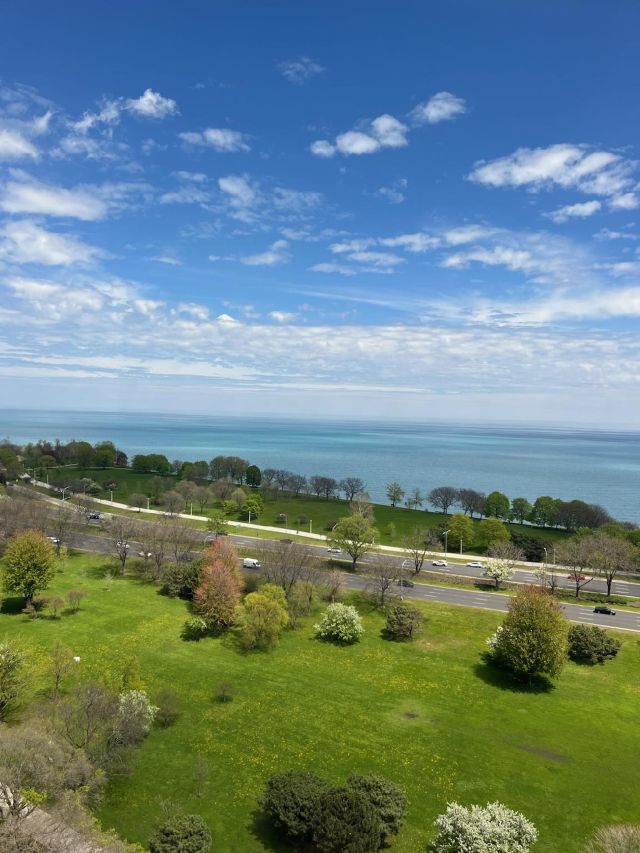Repressive Ethiopian leader Meles was once a U.S. ally
Published 5:00 am Wednesday, August 22, 2012
Ethiopian Prime Minister Meles Zenawi, who was once hailed as a major U.S. ally against terrorism but whose 21-year rule was tarnished by the killing and jailing of political protesters and a grisly border war with former ally Eritrea, died late Monday while being treated abroad for an undisclosed illness. He was 57.
The death was announced by Ethiopian state television, which said only that Meles died shortly before midnight after contracting an infection. The government did not specify where he died, and the circumstances of his death were laced with intrigue.
The highly active prime minister, who attended the Group of 20 summit in Mexico in June, had not been seen in public for about two months. Government officials were vague about his whereabouts, saying he was suffering from an unspecified illness after receiving medical treatment in an undisclosed hospital in Europe.
Meles, a onetime Marxist guerrilla who redefined himself as an economic reformer, was a strategic U.S. military ally in the Horn of Africa. He allowed the United States to send drones into neighboring Somalia from Ethiopian territory. With Washington’s backing, he sent Ethiopian troops into Somalia to fight Islamist militants and other anti-American fighters between 2006 and 2009.
His death plunged his impoverished nation of 75 million people into political uncertainty. Developments were being watched closely in Washington, which has provided more than $2 billion in aid to Ethiopia since 2010. The Washington area is also home to more than 200,000 Ethiopian immigrants, the largest population of Ethiopians outside the country.
Historically known as Abyssinia, Ethiopia was a monarchy for much of its history and was ruled from 1930 to 1974 by Emperor Haile Selassie I. He was replaced by Soviet-backed dictator Mengistu Haile Mariam, who ruled from 1974 to 1991. The country has suffered from droughts, famines and grinding poverty that led to violent dissent.
Like many modern African leaders, Meles’ dramatic rise to power began when he joined an armed rebel group. He quit medical school at Addis Ababa University in 1974 and “went to the bush” to wage a revolution against Mengistu’s repressive communist regime.
At first, the bespectacled Meles fought briefly on the front lines with the Tigrayan People’s Liberation Front that he helped put together when he was 20. He rose quickly to take over the leadership in 1989.
By that time, the Mengistu regime was deeply unpopular at home and abroad. His policies — neglecting regions and ethnic groups that did not support him — were said to have worsened a famine that claimed 1.5 million lives between 1983 and 1985.
Meles and a slew of united rebel groups, including those fighting in hopes of founding a new Eritrean nation, finally overthrew Mengistu in 1991. Meles, at 31, became Ethiopia’s president. Eritrea seceded from Ethiopia once Mengistu had fallen.
“After nearly 15 dark years filled with conflict, hunger and repression, Ethiopia has a new chance,” Meles wrote in an op-ed published in the Los Angeles Times after he came to power.
Soon after, he backed away from his own self-described “intellectual communist views” and became what the Ethiopian and Western press described as a “mellowed Marxist,” pragmatic in courting Western donors.
During President Bill Clinton’s trip to Africa in March 1998, Meles was hailed as part of a “new breed” of African leaders who Clinton predicted would enforce term limits and allow political opposition and civil society to flourish. In short, Washington hoped they would usher in an African renaissance of democracy and economic prosperity.
But soon after Clinton’s visit, Meles led his country to war with Eritrea. The brief but bloody 1998-2000 border war cost an estimated 100,000 lives.
Meles became a spokesman for Africa, representing the continent at Group of Eight, G-20 and climate change meetings. But his reputation quickly soured among groups such as Human Rights Watch, Amnesty International and the Committee to Protect Journalists. They documented killings of political opponents and the jailing of reporters. Meles also repeatedly broke promises to let others have a chance at governing.






